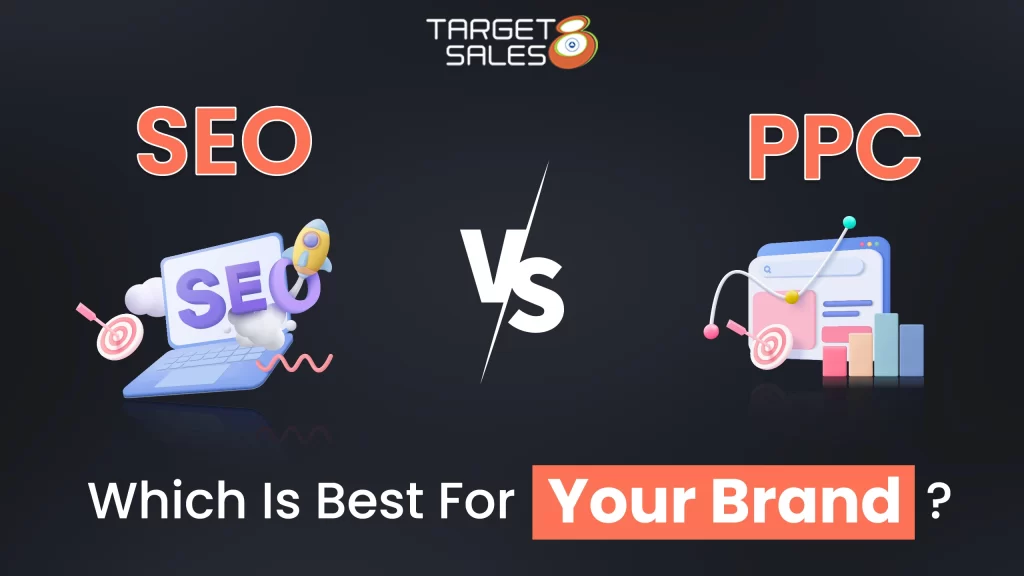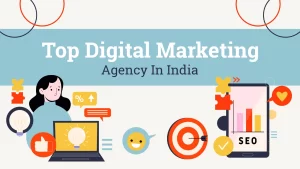In today’s digital age, having a strong online presence is crucial for any business, including medical practices. With numerous marketing strategies available, two popular options are Search Engine Optimization (SEO) and Pay-Per-Click (PPC) advertising. Both SEO and PPC aim to increase your visibility in search engine results and attract more potential patients. However, determining which approach is best for your medical practice requires careful consideration. In this blog post, we’ll explore the key differences between SEO and PPC and help you make an informed decision.
What is SEO?
Search Engine Optimization (SEO) involves optimizing your website and its content to rank higher in organic search engine results. It focuses on improving the visibility and relevance of your website, making it more likely to appear in the top search results for relevant keywords. SEO involves various techniques, including keyword research, on-page optimization, link building, and content creation. The primary goal of SEO is to generate organic traffic to your website, meaning visitors find your site through non-paid search results.
Benefits of SEO for Medical Practices:
1. Cost-effectiveness: While SEO requires initial investment in terms of time and resources, once you establish a strong online presence, the ongoing costs are relatively low compared to PPC campaigns.
2. Long-term results: SEO is a long-term strategy that aims to build a solid foundation for your online presence. Once you achieve higher rankings, maintaining them becomes easier, providing continuous visibility and organic traffic.
3. Credibility and trust: Ranking high in organic search results lends credibility to your medical practice, as users perceive these results as more trustworthy and authoritative.
4. Increased visibility: Higher organic rankings mean more visibility among potential patients actively searching for medical services. This can lead to a steady stream of qualified traffic to your website.
What is PPC?
Pay-Per-Click (PPC) advertising, on the other hand, involves placing targeted ads on search engine results pages. Advertisers bid on keywords relevant to their business, and each time their ad is clicked, they pay a predetermined amount. PPC ads usually appear at the top and bottom of search engine results, marked as “Ad” or “Sponsored.”
Benefits of PPC for Medical Practices:
1. Immediate results: Unlike SEO, PPC campaigns can generate immediate visibility and traffic to your website. As soon as your ads are approved, they can start appearing in search results and driving visitors to your site.
2. Targeted approach: PPC allows you to target specific keywords, locations, demographics, and even the time of day your ads are displayed. This level of control helps you reach your desired audience effectively.
3. Measurable and adjustable: With PPC, you can track and analyze the performance of your ads in real-time. You have access to data such as impressions, clicks, and conversions, allowing you to make informed decisions and optimize your campaigns accordingly.
4. Brand exposure: Even if users don’t click on your ads, they still see your brand name and message, enhancing brand recognition and exposure.
Choosing the Right Approach for Your Medical Practice:
1. Budget: Consider your budgetary constraints. SEO generally requires a long-term investment, while PPC involves ongoing expenses for each click. Assess your financial capacity and determine which strategy aligns better with your resources.
2. Timeline: If you need immediate results, such as promoting a new service or addressing a time-sensitive issue, PPC can deliver faster than SEO. However, if you’re focused on long-term growth and sustainability, SEO should be your priority.
3. Competition: Evaluate the level of competition in your medical field. If the market is highly competitive, PPC can help you gain visibility quickly. Alternatively, if competition is relatively low, investing in SEO may yield significant benefits.
4. Goals and target audience: Clearly define your goals and understand your target audience. If you’re looking for broader brand exposure and reaching a wider audience, PPC might be suitable. If you aim to build credibility, trust, and attract highly motivated patients, SEO is essential.
Conclusion:
Both SEO and PPC have their advantages and can contribute to the success of your medical practice’s online marketing strategy. SEO offers long-term benefits, increased credibility, and cost-effectiveness, while PPC provides immediate visibility, control, and measurable results. Consider your practice’s specific needs, goals, and resources to determine which approach aligns best with your overall marketing strategy. In some cases, a combination of SEO and PPC might be the most effective way to maximize your online presence and attract the right patients to your medical practice.










